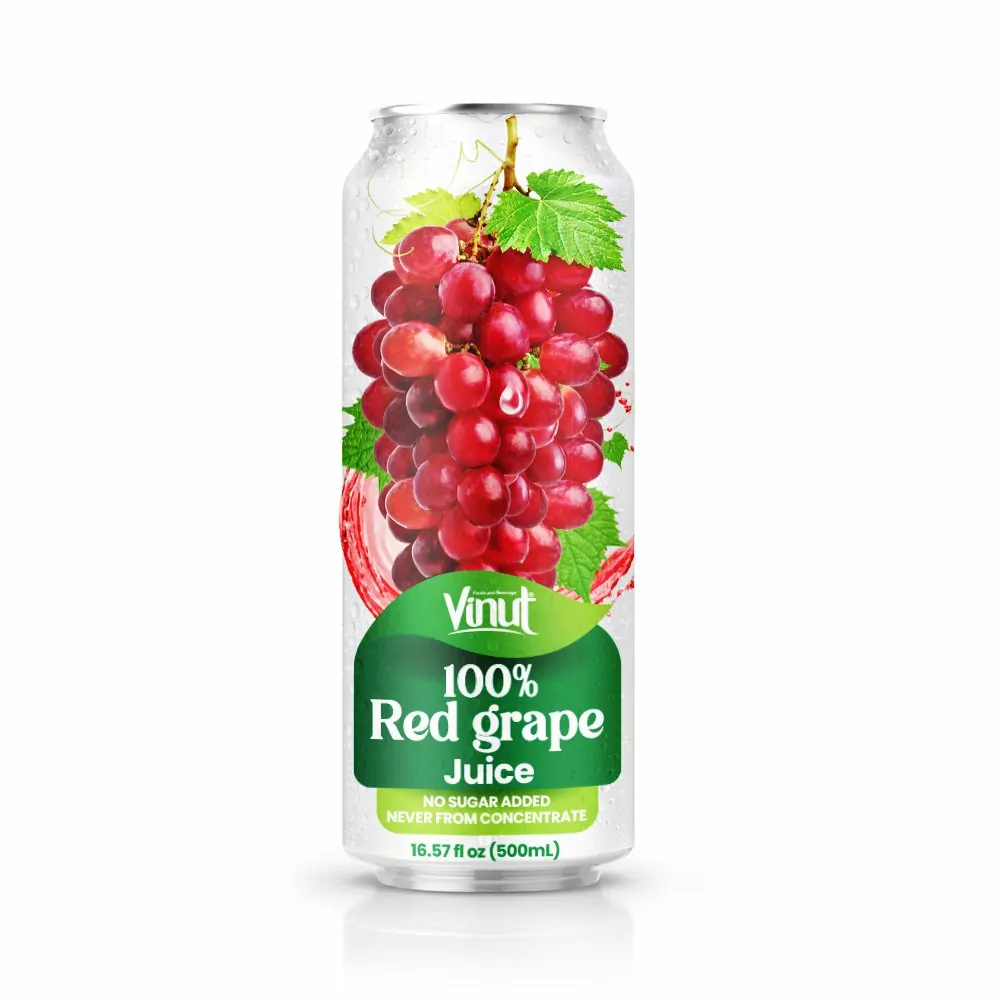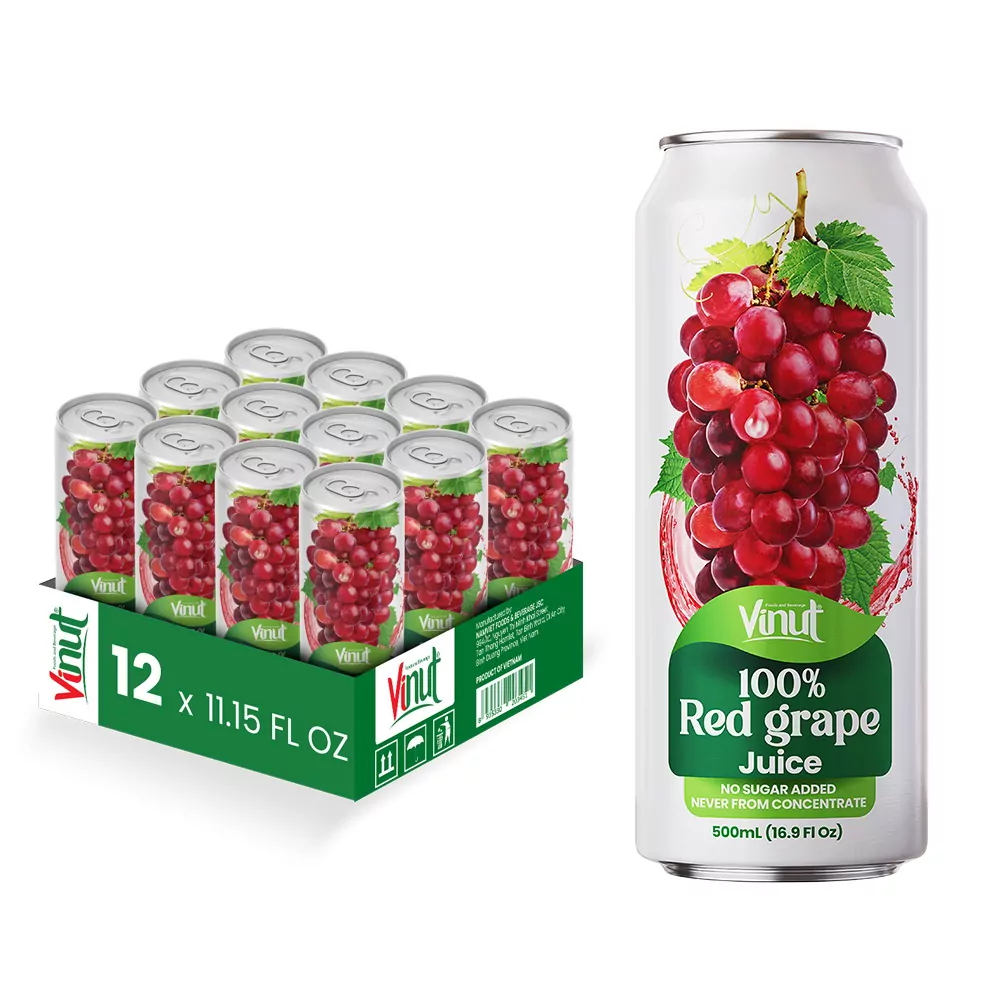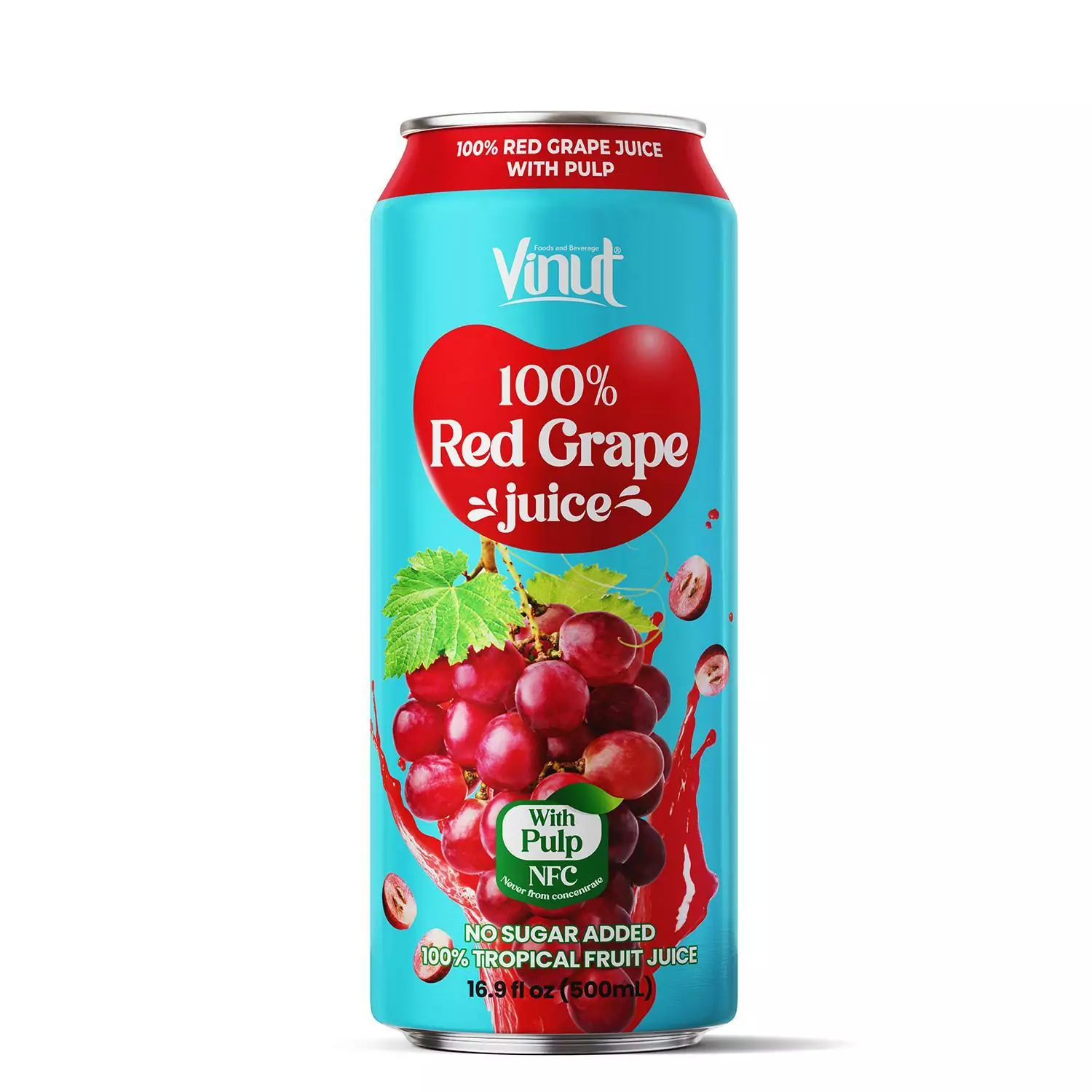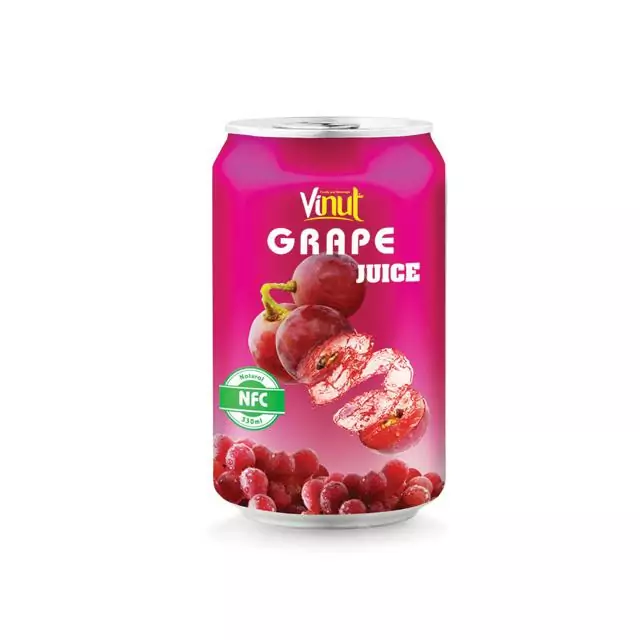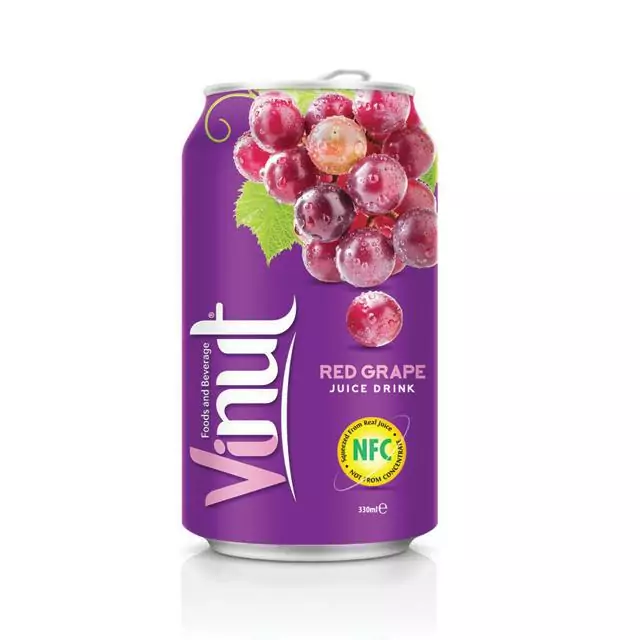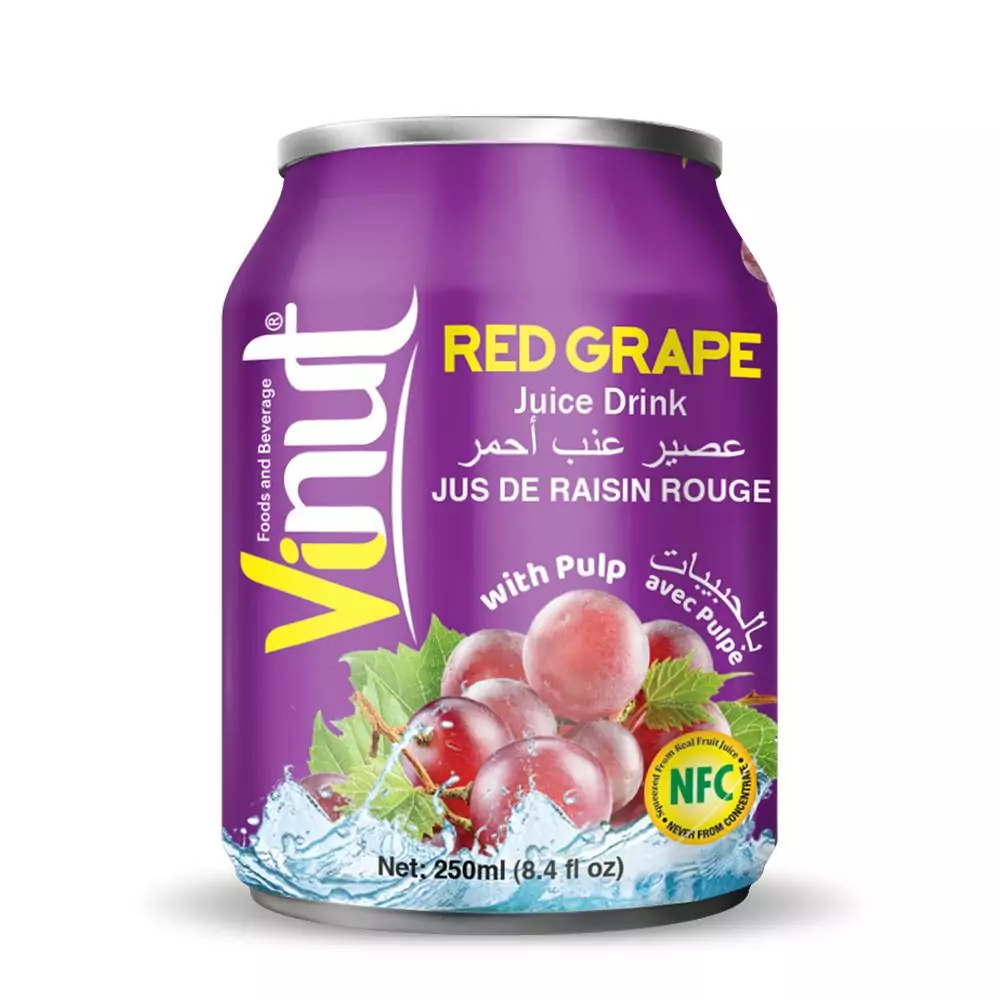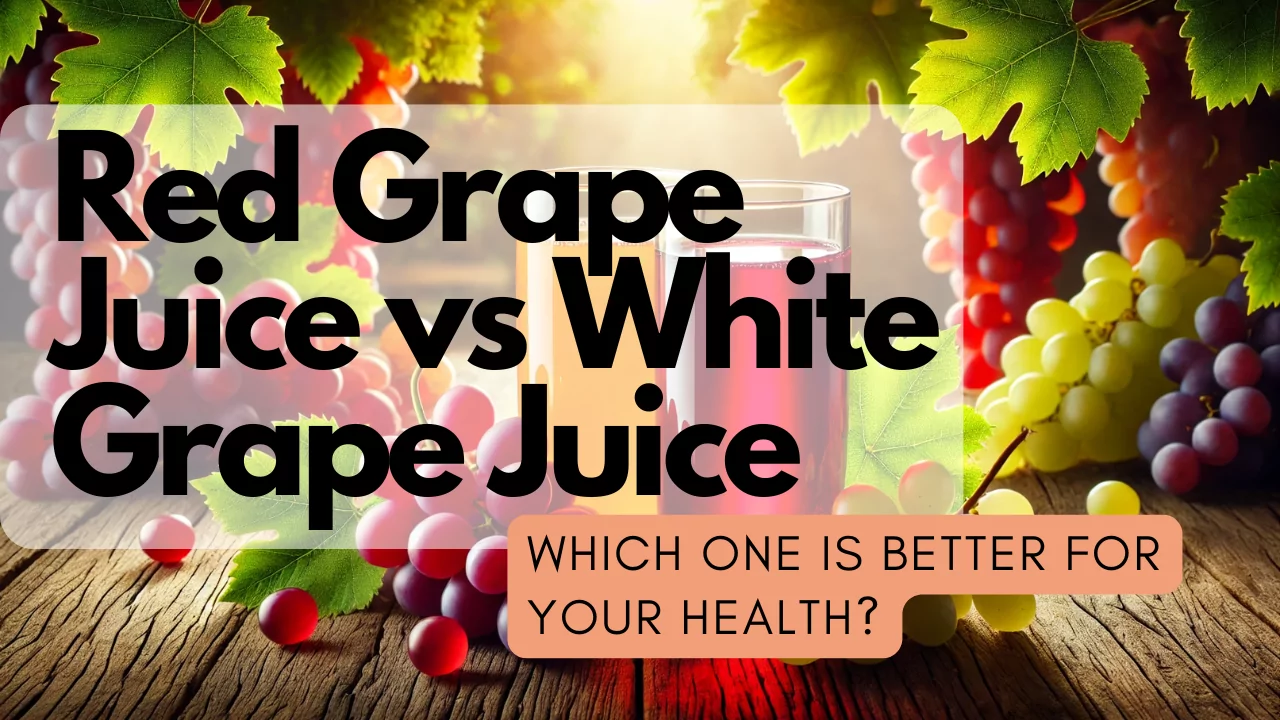Can Red Grape Juice Boost Brain Health? What Science Says

Summary
Red grape juice is well-known for its antioxidant-rich composition and numerous health benefits, but did you know it can also support brain health? Emerging research suggests that regular consumption of red grape juice may enhance cognitive function, improve memory, and protect against neurodegenerative diseases. In this article, we’ll explore the science behind red grape juice’s impact on brain health and why it might be one of the best drinks for cognitive well-being.
The Nutritional Powerhouse Behind Red Grape Juice
Red grape juice contains essential nutrients that contribute to overall health, particularly brain function. It contains polyphenols, flavonoids, and resveratrol, all of which protect neurons and reduce oxidative stress.
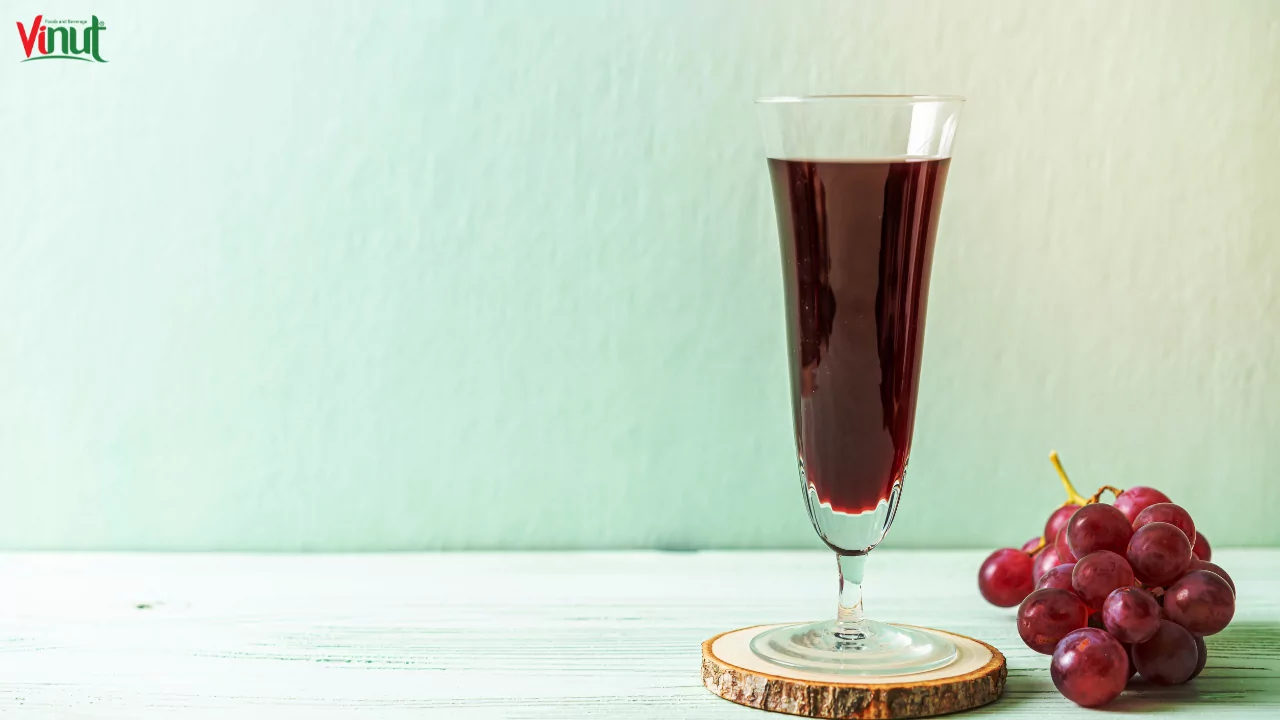
Key Nutrients in Red Grape Juice:
Resveratrol: A powerful antioxidant known to support brain function and reduce inflammation.
Flavonoids: Compounds that enhance memory and cognitive performance.
Anthocyanins: Help protect against neurodegeneration and improve brain signaling.
Vitamin C: Supports overall brain health by reducing oxidative stress.
How Red Grape Juice Enhances Brain Health
1. Improves Memory and Cognitive Function
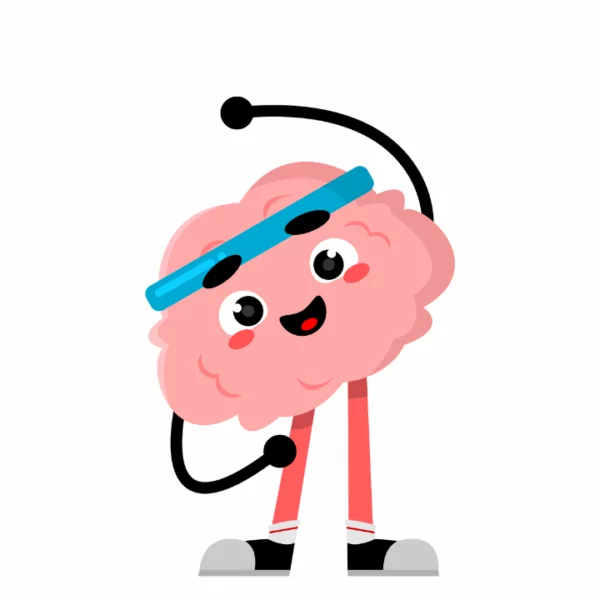
Studies have shown that the polyphenols in red grape juice can enhance brain performance by improving blood flow to the brain. Better circulation ensures that neurons receive an adequate supply of oxygen and nutrients, which is crucial for memory retention and cognitive processing. Regular consumption of red grape juice has been linked to improved short-term memory and focus.
2. Protects Against Neurodegenerative Diseases

Resveratrol, a major component in red grape juice, has been extensively studied for its neuroprotective effects. Research suggests that it helps slow down cognitive decline by reducing inflammation and preventing the buildup of beta-amyloid plaques, which are associated with Alzheimer's disease. This makes red grape juice a potential dietary aid in reducing the risk of neurodegenerative conditions.
3. Reduces Oxidative Stress and Inflammation
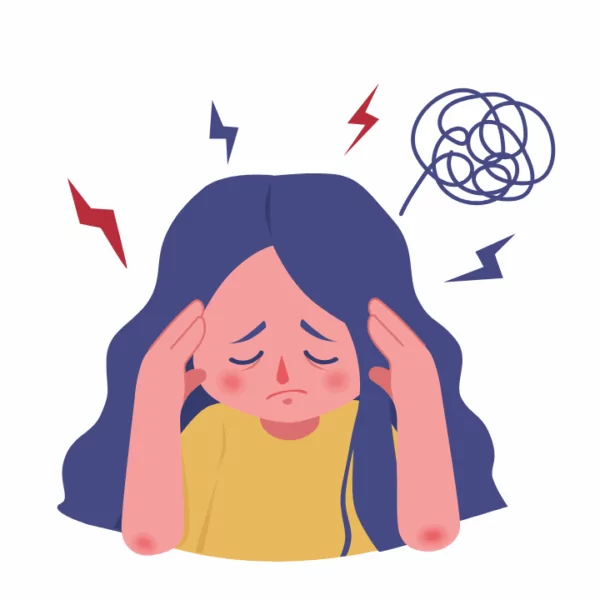
Oxidative stress is a major contributor to cognitive decline. The antioxidants in red grape juice help neutralize free radicals that damage brain cells. Additionally, its anti-inflammatory properties protect against brain inflammation, which has been linked to impaired cognitive function and various neurological disorders.
4. Enhances Mood and Mental Clarity

Flavonoids found in red grape juice have been shown to positively influence mood and reduce stress levels. By supporting brain neurotransmitters, these compounds help maintain mental clarity and reduce symptoms of anxiety and depression, leading to better overall mental well-being.
How to Incorporate Red Grape Juice into Your Diet
Drinking a small glass of red grape juice daily can help improve cognitive function over time. Here are some ways to include it in your routine:
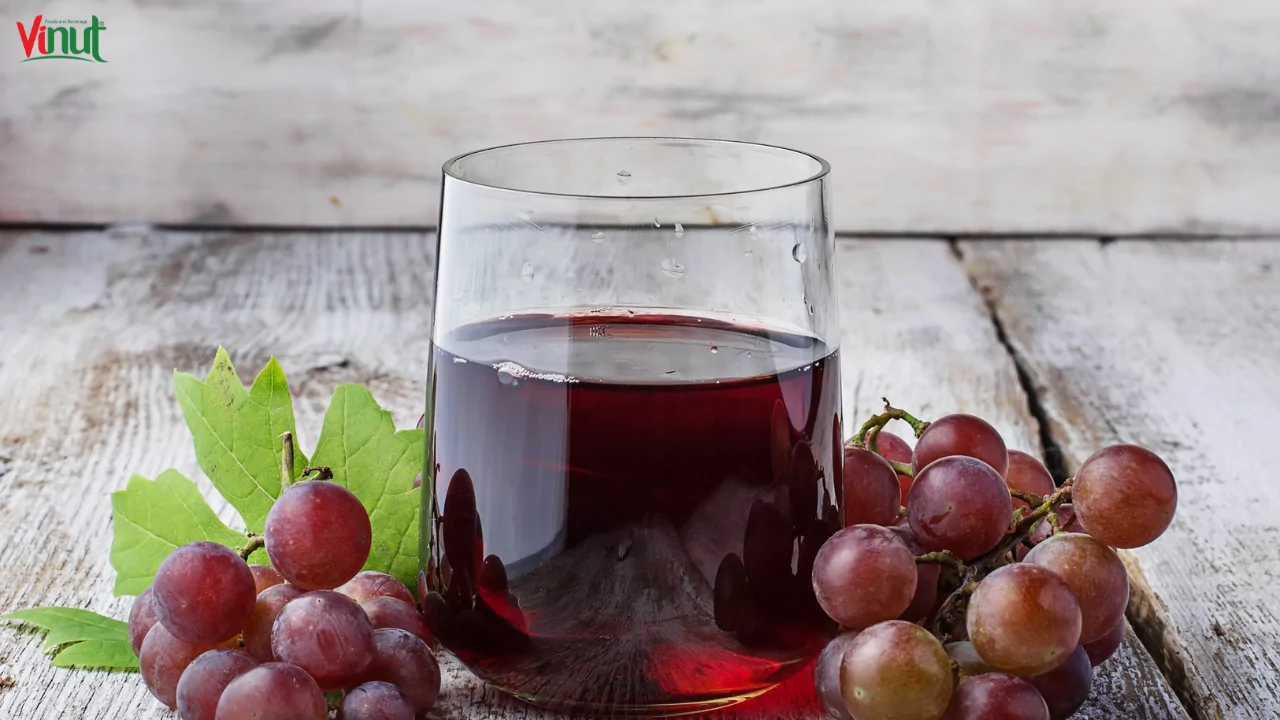
Enjoy a glass in the morning for an antioxidant boost.
Mix with other brain-healthy ingredients like blueberries or spinach in a smoothie.
Use it as a natural sweetener in homemade energy drinks.
Pair with nuts for a brain-boosting snack combination.
Conclusion: Is Red Grape Juice the Ultimate Brain Drink?
The science behind red grape juice and brain health is promising. With its powerful antioxidants, anti-inflammatory properties, and cognitive-enhancing benefits, it can be a valuable addition to a brain-healthy diet. While it’s not a magic cure, incorporating red grape juice into your routine may support better memory, focus, and long-term brain function. If you're looking for a natural way to boost cognitive performance, red grape juice is definitely worth considering.

